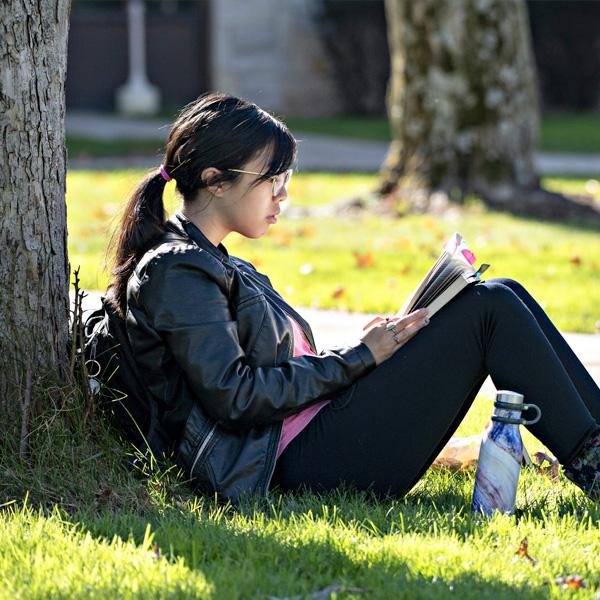
Examining Environmental Factors, Human Health, and Disease
Our department has a sound reputation as a leader in training students to identify agents that affect health and study the long-term effects of environmental and occupational health risks.
Highlights
Our Mission
The mission of the Department of Environmental and Occupational Health is to study and elucidate the health effects of exposure to chemical, physical, and biological agents encountered in the workplace or general environment.
Highlights
EOH Bookshelf
View a list of recommended environmental and social justice reading in our EOH bookshelf.


News

EOH student Ang Le wins Boren Fellowship to study in Vietnam
Ang Le, a master’s student in environmental and occupational health, has been awarded a Boren Fellowship to study the Vietnamese language in Vietnam.

What the Ohio train derailment teaches us about poisoning public trust
One problem was that the announcement lacked nuance and transparency, according to James Fabisiak, associate professor of environmental and occupational health.

Gresser selected to present at International Firefighter Cancer Symposium
Congratulations to MPH Student Rob Gresser who was selected to present a poster at the


